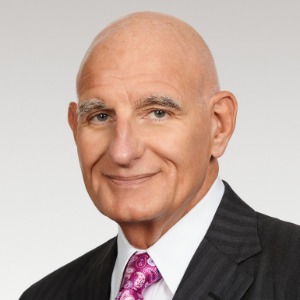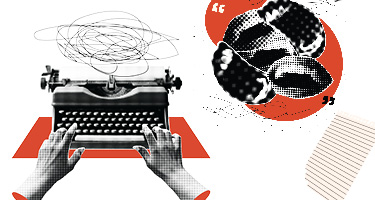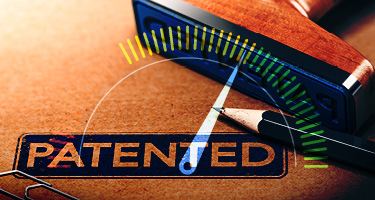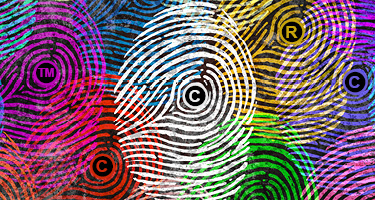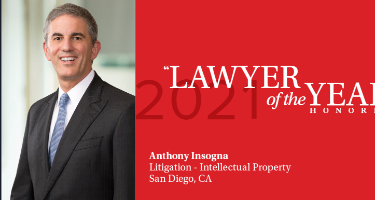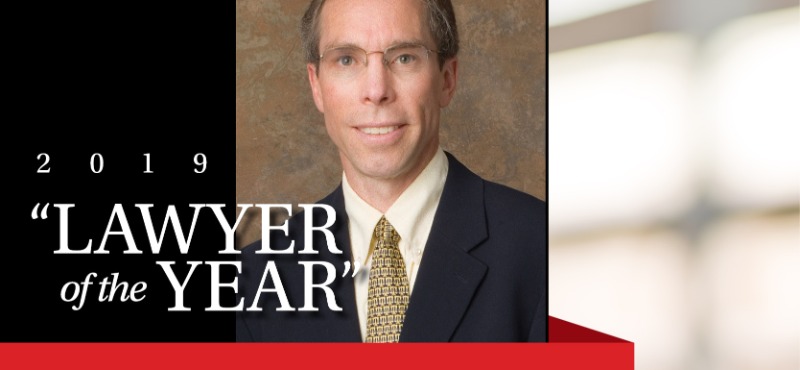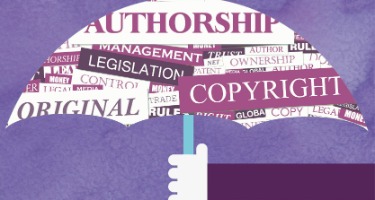In an April 23, 2020 decision in Romag Fasteners, Inc. v. Fossil, Inc., the United States Supreme Court resolved the important issue of whether a determination that trademark infringement was willful is a prerequisite for the award to plaintiff of the infringer’s profits. Appellate courts across the country have long been split on whether willfulness is required.
The Supreme Court held that it is not. Although the Court did not articulate a specific standard for when an award of infringing profits is warranted, the decision, together with two concurring opinions, indicate that the defendant’s mental state is a relevant consideration and suggest that disgorgement of profits will ordinarily require a relatively high degree of culpability.
The Underlying Dispute—Defendant Infringed Plaintiff’s Handbag Fasteners
The plaintiff, Romag Fasteners, manufactures and sells, among other products, magnetic snap fasteners for handbags. The defendant, Fossil, sells a variety of fashion accessories, including leather handbags. For years, these parties had an agreement allowing Fossil to use Romag’s magnetic snaps for its handbags. Romag discovered, however, that Fossil’s third-party manufacturers in China were using counterfeit Romag fasteners in Fossil’s handbags and believed that Fossil had sufficient knowledge ot the practice to be liable for the infringement, or took insufficient steps to prevent it. Romag sued under the U.S. Trademark Act, known as the “Lanham Act,” for trademark infringement and falsely representing that its handbags used genuine Romag fasteners.
Romag sought an award of Fossil’s infringing profits, among other relief. Romag won the case at trial. The jury found, however, that Fossil had acted “in callous disregard” of Romag’s rights, but did not act “willfully.” On the issue of whether to award infringing profits, the trial court was obliged to follow the prevailing precedents in the Second Circuit (which includes New York, Connecticut and Vermont) where the case was tried. Those controlling decisions mandated that infringing profits could not be awarded unless the defendant was found to have acted “willfully.” The trial court therefore declined to award Romag the infringer’s profits.
Federal appellate courts for some other circuits have disagreed with the Second Circuit’s willfillness requirement and allowed recovery of infringing profits without a finding of willfulness. The Supreme Court decided to accept this case to resolve that dispute and provide a uniform rule for the entire country on whether a willfulness finding is required before infringing profits may be awarded in a trademark infringement case.
The Supreme Court Holds That Willfullness Is Not a Prerequesite to An Award of Infringing Profits
In the majority opinion by Justice Neil Gorsuch, in which all justices except Sonia Sotomayor joined (and even she joined in the result), the Court held that the Lanham Act does not require a finding of wilfullness to support an award of the infringer’s profits in a trademark infringement case. Justice Gorsuch relied on the language and structure of the Lanham Act in so holding.
The relevant section of the Lanham Act concerning remedies, § 35(a), 15 U.S.C. § 1117(a), does not expressly provide that wilfullness is required for an award of infringing profits for violation of the provisions of the Act under which Romag sued. It merely makes a profit award, among other remedies, “subject to the principles of equity.” However, as the Court noted, another provision of the Lanham Act concerning remedies for trademark dilution (a different form of trademark violation), § 35(c), 15 U.S.C. § 1117(c), does make a showing of willfulness a precondition to a profits award. Further, that section was added to the Lanham Act years after its initial adoption. Justice Gorsuch observed that the Supreme Court does not “usually read into statutes words that aren’t there. It’s a temptation we are doubly careful to avoid when Congress has (as here) included the term in question elsewhere in the very same statutory provision.”
The Court further noted that the “Lanham Act speaks often and expressly about mental states” in other provisions. For example, some provisions require “intentional” action, “willful violation” or “bad faith intent.” The express inclusion of such mental standards in other provisions, and their absence in the relevant section on recovery of infringing profits further supported the Court’s conclusion that an unstated willfulness requirement for recovery of an infringer’s profits was not warranted.
Fossil’s Argument Based On “The Principles Of Equity” Was Unconvincing
In support of a willfulness requirement, Fossil urged that the language in § 35(a) making recovery of infringing profits “subject to the principles of equity” included willfulness. Fossil argued that “equity courts historically required a showing of willfulness before authorizing a profits remedy in trademark disputes.” The Court reviewed cases cited by both parties dating back as far as 1870 and found that the proposition did not withstand analysis - courts of equity had used a variety of standards for infringing profit awards.
The Court Remands the Case Without Establishing Requirements For An Infringing Profits Award
Based on its determination that willfulness is not a requirement for an award of infringing profits in a trademark infringement case, the court vacated the lower court’s decision and remanded the case “for further proceedings consistent with this opinion.” Accordingly, the lower courts will now need to determine whether an infringing profits award is appropriate in this case, now with the understanding that willfulness is not expressly required. The Supreme Court did not articulate any standards or criteria to replace willfulness. Instead, it suggested that “policymakers,” i.e., Congress, should shoulder the job of making that policy, and noted that “[t]he Court’s limited role is to read and apply the law those policymakers have ordained, and here our task is clear.”
Concurring Opinions Suggest That An Infringing Profits Award Should Require A High Degree of Culpability
Two concurring opinions accompanied Justice Gorsuch’s majority opinion. The first, by Justice Alito, with Justices Breyer and Kagan joining, noted that “relevant authorities, particularly pre-Lanham Act case law, show that willfulness is a highly important consideration in awarding profits . . . but not an absolute precondition.” These three Justices indicated that they “would so hold and concur on that ground.”
Justice Sotomayor issued an opinion “concur[ing] in the judgment only.” She observed that the great weight of past authority supported awarding infringing profits only where the infringement was deliberate, willful or with a high degree of culpability. Accordingly, she accepted that willfulness should not be an absolute prerequisite for an infringing profits award, but is clearly of the view that only willfulness or a high degree of culpability approaching willfulness, should support such an award.
Conclusion
Romag Fasteners v. Fossil clearly lowers the bar for the award of infringing profits in trademark infringement cases by eliminating a willfulness requirement. However, the height of the post-Romag bar remains to be determined. Indications are that it will still require a fairly high degree of culpability and that “innocent” infringement will likely not support recovery of profits. On remand in Romag the lower courts will need to address whether the “callous disregard” of Romag’s rights that the jury found is above or below the bar. Subsequent cases will develop the standards further. One thing for certain is that recovery of infringing profits will become a more fertile ground for litigation in trademark cases, particularly in the Second Circuit where the willfulness standard has long been the rule, and accused infringers will need to weigh the risk that they will be forced to disgorge infringing profits to the trademark owner in deciding whether to litigate or settle.
